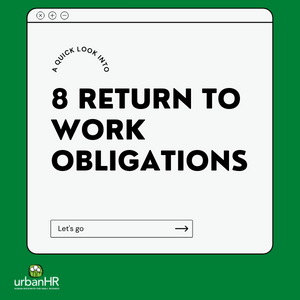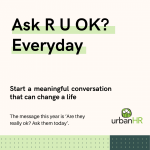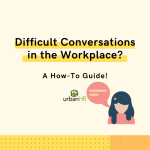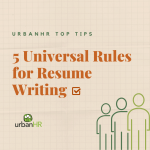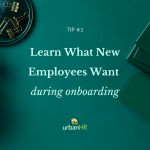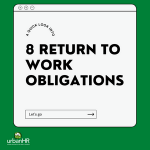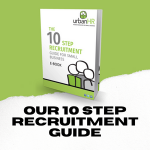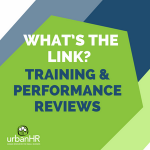
8 Return To Work Obligations
Return to Work obligations can be difficult to understand and sort out what is relevant to each case you may have with your employees.
It’s important to have a process in place and audited it often to make sure your obligations are still in line with Australian Law.
Here are 8 obligations as well as the WorkCover guide, as at 1st January 2019.
Queries and questions can be discussed with our Urban HR RtW Cordinator, you’re not alone.
1. Have a Return to Work Coordinator if you have more than 30 staff
For small businesses there’s no requirement to have a Return to Work Coordinator, if you need assistance, our HR expert, Kay holds a Return to Work Coordinator certificate and can help.
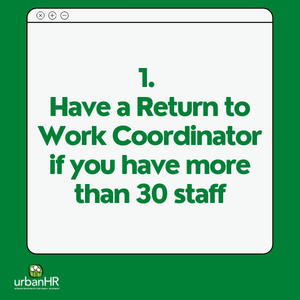
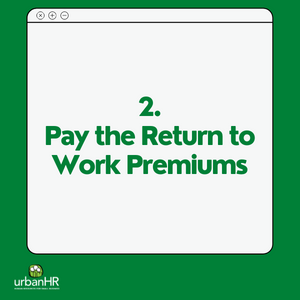
2. Pay the Return to Work Premiums
If you pay more than the wage limit, approx. $12,809 gross wages per year, you’ll need to pay the premium.
A premium is based on your risk profile, previous claims and other factors.
You need to pay the premium if you pay employees more than the wage limit.
If you don’t pay wages higher than this limit each year, and have a Work Cover claim, you’ll be required to pay a small amount at claim time.
This minimum premium is quite reasonable at $200 + GST currently.
3. Provide suitable duties for injured employees
If an employee is injured in the workplace and has some capacity to work, you have an obligation to provide duties in line with their restrictions.
Restrictions can be found on the Work Capacity Certificate that the employee’s doctor/health professional will provide.
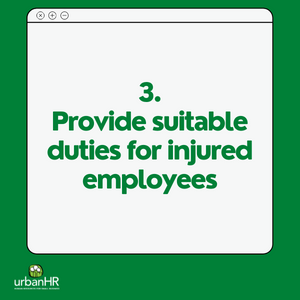
If you’ve got a non work related injury, you can also request medical information.
Our Best Practice policy package contains details about this process.
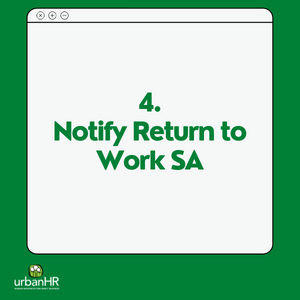
4. Notify Return to Work SA
You need to notify the claims agent (Return to Work SA) of the injury so that payments can be calculated and the claim managed.
They will also provide support and guidance to you.
5. Provide top up payments
If employees are unable to work at all, or not their normal hours or overtime you’re required to make a top up payment.
Remember that if an employee has an accepted WorkCover claim they are not on sick leave.
Top up payments are based on Average Weekly Earnings.
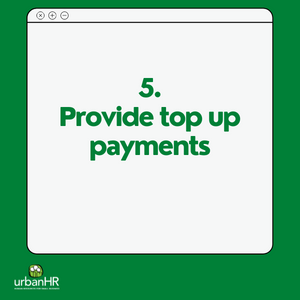
If you’re unsure about pay rates, our HR audits are a great place to start and are done discretely offsite.
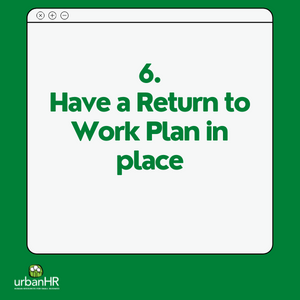
6. Have a Return to Work Plan in place
Employees who have been on WorkCover for more than 4 weeks need a Return to Work plan developing, this will identify the duties, hours and support provided and should be agreed between all parties.
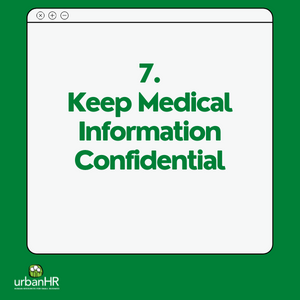
7. Keep Medical Information Confidential
It can be a difficult time for all when a worker is injured at work, and colleagues may wonder what the situation is.
Remember that you need to keep confidential personal information and health information confidential.
Consider how you liaise with the employee’s manager, and or advise other staff of the fact that the employee may be undertaking alternative duties.
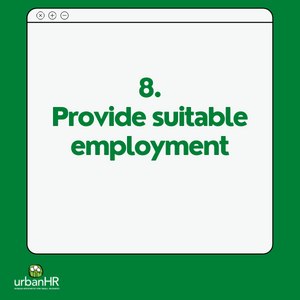
8. Provide suitable employment
If your employee is fit to return to work but unable to undertake your pre-injury duties, you have an obligation to find suitable employment.
At times, if this is unable to occur, a redemption payment may be negotiated.
As always, should you need some help, please get in touch.

